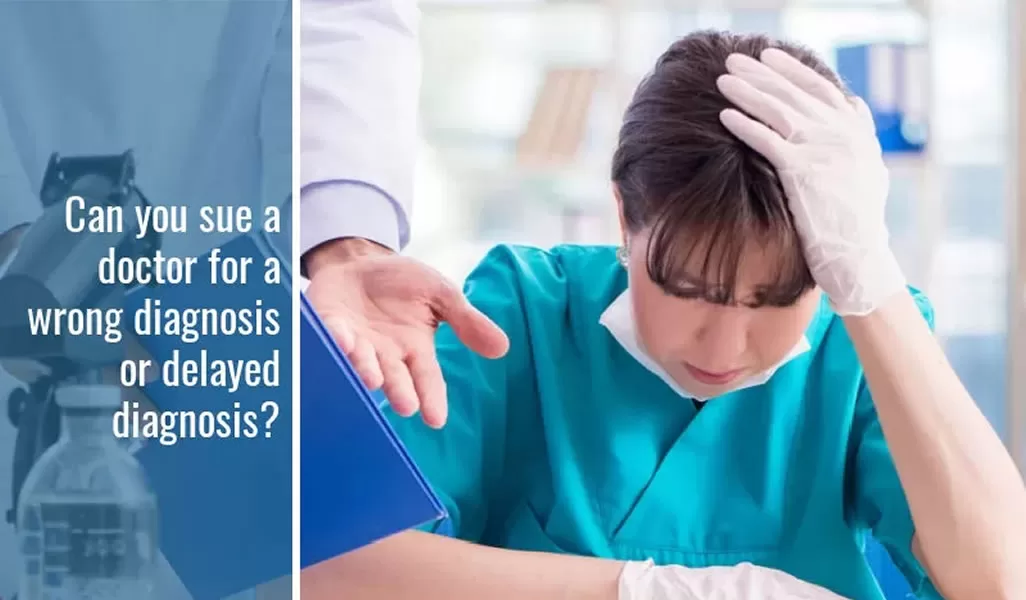In a country like Nigeria, where access to quality healthcare can be limited and medical professionals may face challenges in delivering accurate diagnoses, it is crucial to hold these professionals accountable for their actions. One area where this accountability is particularly important is in cases of inaccurate diagnoses. When a medical professional provides a patient with a wrong diagnosis, it can have serious consequences for the individual’s health and well-being. Fortunately, there are legal recourses available to patients in Nigeria who have been affected by inaccurate diagnoses.
One of the key legal avenues available to patients in Nigeria who have received an inaccurate diagnosis is to file a medical malpractice lawsuit against the healthcare provider responsible. Medical malpractice occurs when a healthcare provider fails to provide treatment by accepted standards of care, resulting in harm to the patient. In the case of inaccurate diagnoses, this could mean that the healthcare provider failed to properly assess the patient’s symptoms, order the necessary tests, or consider all possible diagnoses before making a final determination.
To pursue a medical malpractice lawsuit in Nigeria, the patient must be able to prove that the healthcare provider acted negligently in making the inaccurate diagnosis and that this negligence directly resulted in harm to the patient. This can be a complex and time-consuming process, requiring the patient to gather and present evidence such as medical records, expert testimony, and witness statements. However, with the help of an experienced medical malpractice attorney, patients can seek justice and compensation for the harm they have suffered as a result of an inaccurate diagnosis.
In addition to medical malpractice lawsuits, patients in Nigeria may also have the option to file a complaint with the Medical and Dental Council of Nigeria (MDCN). The MDCN is responsible for regulating the practice of medicine and dentistry in Nigeria and has the authority to investigate complaints against healthcare providers and take disciplinary action when necessary. By filing a complaint with the MDCN, patients can hold healthcare providers accountable for their actions and potentially prevent similar incidents from occurring in the future.
Overall, holding medical professionals accountable for inaccurate diagnoses is crucial for ensuring the safety and well-being of patients in Nigeria. By pursuing legal recourses such as medical malpractice lawsuits and complaints with the MDCN, patients can seek justice for the harm they have suffered and help prevent similar incidents from happening to others in the future. Patients need to be informed of their rights and options in cases of inaccurate diagnoses and to seek the guidance of experienced legal professionals when necessary.
#Holding #Medical #Professionals #Accountable #Legal #Recourse #Inaccurate #Diagnoses #Nigeria,

















